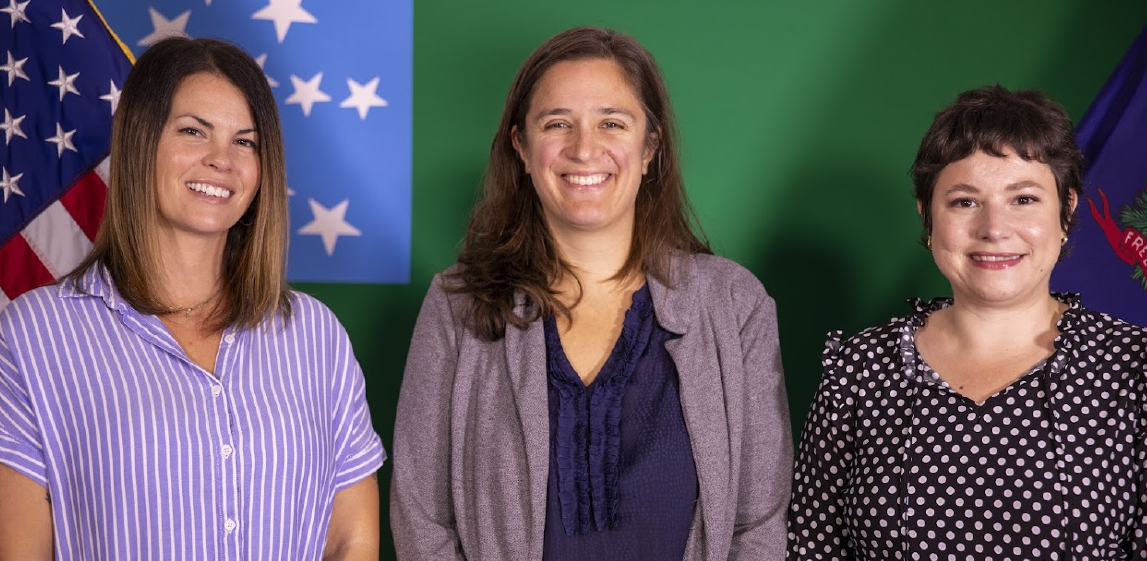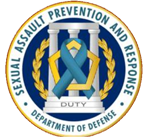
Our mission is to enhance military readiness through the prevention of sexual assault, sexual harassment, and associated retaliatory behaviors while providing comprehensive response capabilities.
The Sexual Assault Prevention and Response Program reinforces the military's commitment to eliminate incidents of sexual harassment and assault through a comprehensive policy that centers on awareness and prevention, training and education, victim advocacy, response, reporting, and accountability. Defense Department policy promotes sensitive care and confidential reporting for survivors of sexual assault and accountability for those who commit these crimes.
Join the SAPR Council [PDF]
Call the Sexual Assault Response Coordinator if you're interested in becoming a Victim Advocate or to discuss resources available to survivors, including those listed below.

"Sexual assault and sexual harassment violate everything we stand for as Soldiers. It is our responsibility as One Army to take care of one another and not tolerate these violations."
– Ret. Gen. James C. McConville, 40th Army Chief of Staff